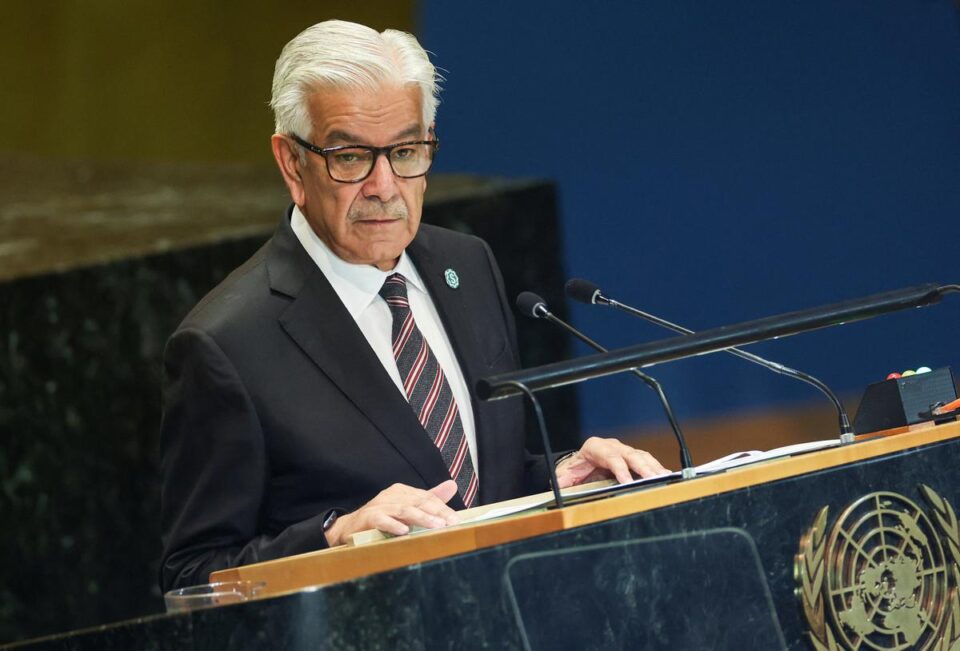This isn’t the first time Islamabad has cast off the bilateral route. Pakistan previously suspended the Simla Agreement after India revoked Article 370 in August 2019, a move that stripped Jammu and Kashmir of its special status.
Pakistan’s Defence Minister Khawaja Asif has declared the 1972 Simla Agreement “a dead document,” signaling a seismic shift in Islamabad’s posture on Kashmir. In a blunt televised statement, Asif said Pakistan has reverted to the 1948 UN-backed stance, calling the Line of Control a ceasefire line rather than a recognized boundary.
The remarks arrive amid escalating tensions and renewed scrutiny of Pakistan’s long-held positions on bilateral agreements with India.
Khawaja Asif asserted that the bilateral framework between India and Pakistan had disintegrated. “The Simla Agreement is now a dead document. We are back to the 1948 position, when the United Nations declared the LoC a ceasefire line following the ceasefire and resolutions,” he said. “Going forward, these disputes will be dealt with multilaterally or internationally.”
The Defence Minister didn’t stop there. He cast doubt on other accords, saying, “Whether the Indus Waters Treaty is suspended or not, Simla is already over.”
This isn’t the first time Islamabad has cast off the bilateral route. Pakistan previously suspended the Simla Agreement after India revoked Article 370 in August 2019, a move that stripped Jammu and Kashmir of its special status. Since then, Pakistan has taken the issue to international platforms, even as India insists Kashmir remains an internal matter.
Signed in 1972 after the Indo-Pak war of 1971, the Simla Agreement commits both nations to resolve disputes through bilateral means — a principle India continues to uphold.
Asif also issued a warning about Pakistan’s nuclear stance. The country is on high alert, he said, and would only consider using nuclear weapons if “there is a direct threat to our existence.” He confirmed that Pakistan had consulted regional allies including Gulf nations and China, and briefed the UK and US on current developments.
“Some of our friends in the Arabian Gulf have talked to both sides,” Asif added, without naming any countries. Meanwhile, China called for restraint, and Asif noted the United States had so far chosen to “stay away” from intervening.
Controversy deepened as a recent viral interview with Sky News’s Yalda Hakim showed Asif acknowledging Pakistan’s role in supporting terror outfits. When asked whether Pakistan had backed, trained, and funded terrorist groups, Asif replied: “We have been doing this dirty work for the United States for about 3 decades… and the west, including Britain… That was a mistake, and we suffered for that.”
He framed the support as part of Cold War-era geopolitics and the post-9/11 alignment with the West. “If we had not joined the war against the Soviet Union and later on the war after 9/11, Pakistan’s track record was unimpeachable,” Asif said.
The confession underscores a long-standing accusation against Pakistan: that it served as a haven and hub for global jihadist networks, often at the expense of regional peace.



